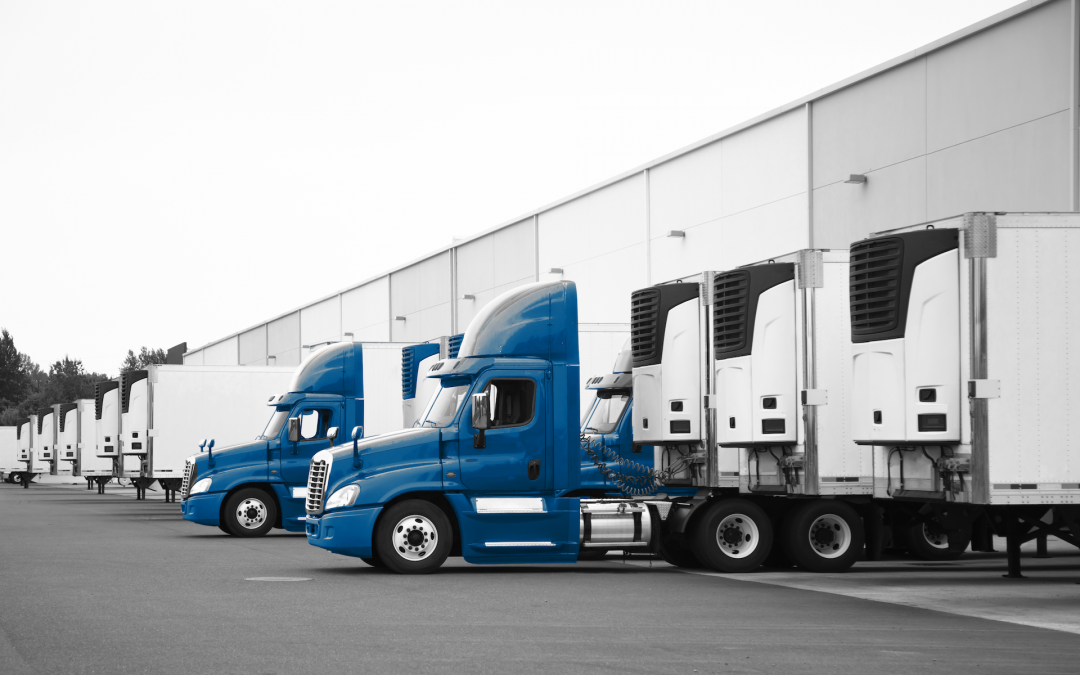The profitability of owning trucks, trailers, or both depends on various factors, including your business model, operational costs, market demand, and financial considerations. Here are some points to consider for each option:
Owning Trucks:
- Revenue Generation: Trucks typically generate revenue directly through transporting goods or providing services (usually freight hauling or moving services)
- Control over Operations: Owning trucks gives you control over scheduling, routes, and the type of services you can offer. Limited 3rd parties or brokers are involved.
- Costs: Costs include purchasing or leasing the trucks, maintenance, fuel, insurance, and driver salaries or wages.
- Market Demand: Demand for trucking services can fluctuate based on economic conditions, industry trends, and seasonal factors.
- Profit Margins: Profit margins can vary widely depending on the efficiency of operations, competitive pricing, and management of operational costs.
Owning Trailers:
- Complementary to Trucks: Trailers are essential for transporting goods efficiently and can be used in various industries.
- Costs: Costs include purchasing or leasing trailers, maintenance, insurance, and any specialized equipment needed for different types of cargo.
- Utilization: The profitability of trailers depends on utilization rates — how often they are rented out or used in your own operations.
- Market Demand: Demand for trailers may vary by type (e.g., flatbed, refrigerated, dry van) and regional economic conditions.
- Profit Margins: Profitability can be influenced by lease rates (if renting out trailers), utilization efficiency, and maintenance costs.
Owning Both Trucks and Trailers:
- Synergies: Owning both trucks and trailers can provide synergies in terms of operational efficiency and flexibility in serving diverse customer needs.
- Capital Intensity: Requires significant initial capital investment for purchasing trucks and trailers, but can lead to higher revenue potential.
- Control: Complete control over transportation operations from end to end, potentially reducing reliance on third-party providers.
- Risk Management: Diversification of assets can mitigate risks associated with changes in demand for specific types of equipment (trucks or trailers).
Conclusion:
The decision on whether it’s more profitable to own trucks, trailers, or both depends on your specific business strategy, financial capabilities, and market conditions. For many businesses, owning both trucks and trailers can provide greater flexibility and control over transportation operations, potentially leading to higher profitability if managed effectively. However, it’s essential to conduct a thorough financial analysis, consider operational efficiencies, and assess market demand before making a decision.
Degama will be conducting a quantitative survey with our strategic customers who own both asset types in their DTMS trucking software. The results and recommendation will be shared at the next user’s conferences. Please contact your dedicated account manager if you want to participate or contact Support

Recent Comments